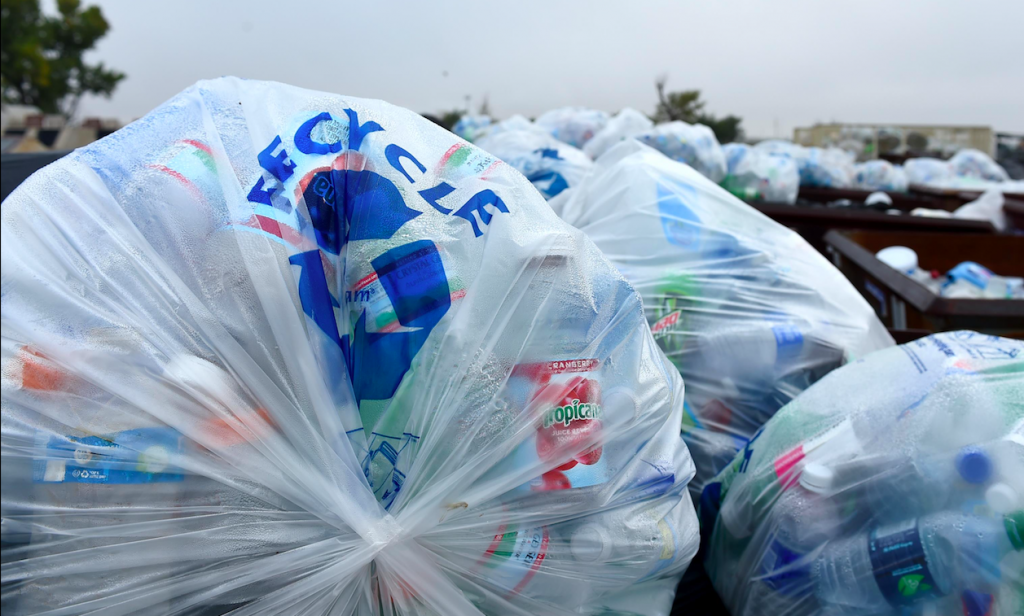
Plastic Waste Management Approach to Create a Plastic Free Environment in Amritsar through Livelihood Enhancement
Plastics waste constitutes a significant portion of the total municipal solid waste (MSW) generated in Amritsar city and also other parts of India. Their segregation from solid municipal waste is a daunting task. The biggest concern is segregation, recovery and disposal of packaging waste. Needless to mention that most of the rag pickers or waste workers are women who are working at these MRF centres, earning their living out of waste handling, sorting, segregating and management.
Several studies indicate how women have been worst hit due COVID pandemic induced economic slowdown and have aggravated the situation and overall living conditions of women waste workers. To address this issue and to create enabling environment for livelihood enhancement for informal sector engagements, UNDP India in collaboration with Anandana, CocaCola India Foundation & Amritsar Municipal Corporation joined hands to implement a Plastic Waste Management and Livelihood project for the city of Amritsar in Punjab.
The project become operational in October last year and it was imperative to improve the lives of safai sathis (women waste workers), to boost their morale and to motivate them to contribute in making Amritsar plastic free city. Four months of rigorous engagement programmes and grass root level work, led to the formation of SHGs, of which Ranju SHG is a group of ten women who are committed to become future entrepreneurs. Below is the story of this SHG women residing in Bangla Basti slum of Amritsar, Punjab.
SHG Women embrace challenges & thrive as entrepreneurs!
The Bangla Basti comprises of mixed population of migrant workers mostly from Bihar and West Bengal who have moved in search of jobs opportunities and have been residing since a very long time. The safai sathis families of Bangla Basti have played a critical role in helping the city of Amritsar in maintaining cleanliness by daily waste collection and segregation. The safai sathis have been earning their living out of waste since ages but the depressed and possibly the most ironic part of their story is that even after executing this phenomenal and extremely difficult service, these women are denied both their dignity and a fair remuneration.
This is the reason for their lack of passion and motivation to do anything other than regular waste work. Therefore, under this project different engaging activities, livelihood promotion programmes and skill development activities were organized to uplift their socio-economic conditions which led to the formation of SHGs.
As part of their livelihood programme, the safai sathis of Ranju SHG women, decided to take up a challenge complying by this year’s International women’s day theme “choose to challenge”. They accepted the challenge to make authentic handmade organic colour from cornflour powder, food colours and rose water for the upcoming festival of Holi.
The SHG members were trained in making this handmade herbal colour (Gullal) by mixing food colour with corn starch and rose water (gulab jal) in appropriate quantity and ratio followed by sun drying and packaging. Total 100 packets of different colours were made and processed for market linkages to create an avenue for income generation. The training and the entire engagement activity gave them motivation and encouragement to accomplish their dreams and ideas & required skills to set up their own business.
On behave of Ranju SHG women, we request all our readers and stakeholders to celebrate this holi by bringing happiness in the lives of safaisathis by buying handmade authentic 100% organic/ herbal colours (Gullal) and be a part of their journey in embracing challenges and thrive as entrepreneurs.



